Germany ZEW Economist Sentiment dropped further from -55.3 to -61.9 in September, worse than expectation of -60. Current Situation index dropped from -47.6 to -60.5, below expectation of -50.5.
Eurozone ZEW Economic Sentiment dropped from -54.9 to -60.7, below expectation of -58.3. Current Situation index dropped -16.9 pts to -58.9.
“The ZEW Indicator of Economic Sentiment decreased again in September. Together with the more negative assessment of the current situation, the outlook for the next six months has deteriorated further. The prospect of energy shortages in winter has made expectations even more negative for large parts of the German industry. In addition, growth in China is assessed less favourably. The latest statistical figures already show a decline in incoming orders, production, and exports,” comments ZEW President Professor Achim Wambach on current expectations.




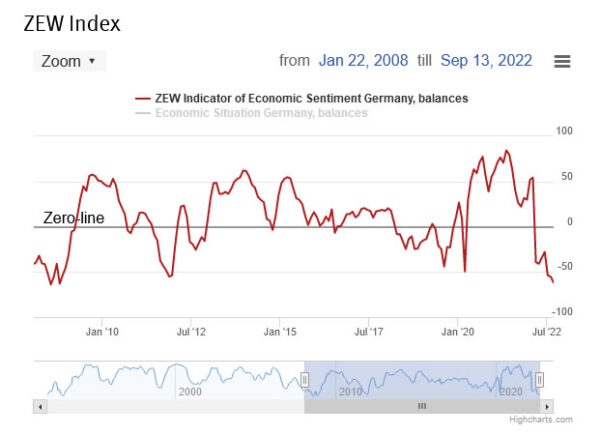
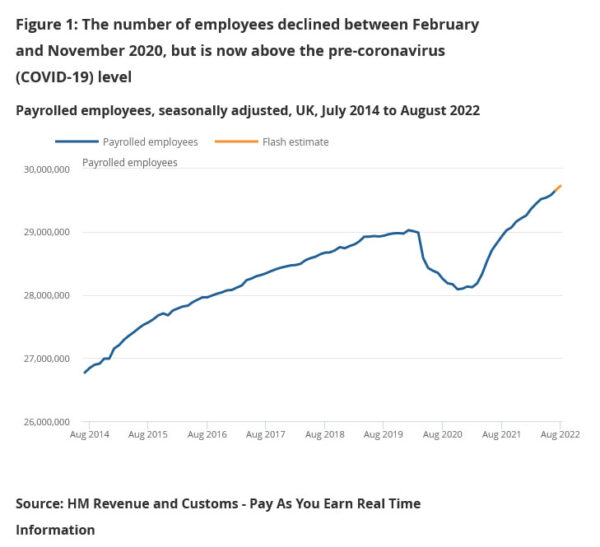
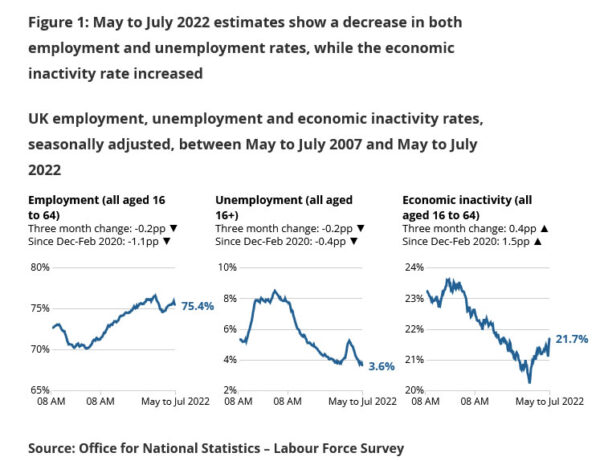
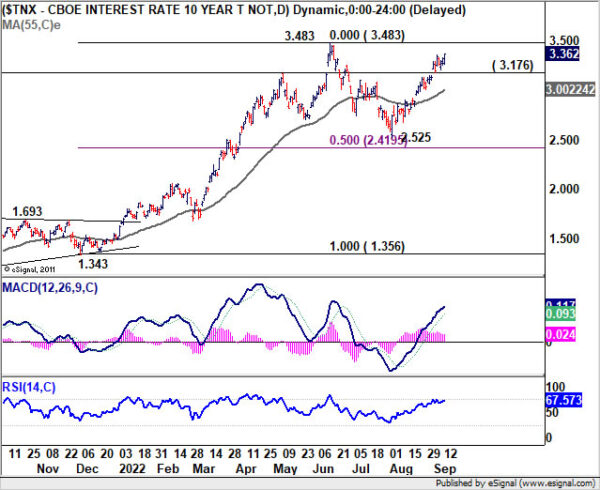
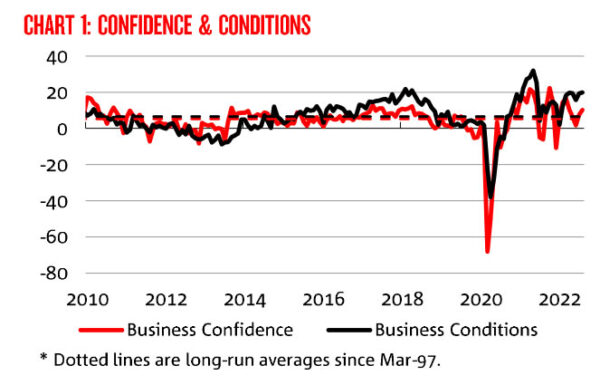
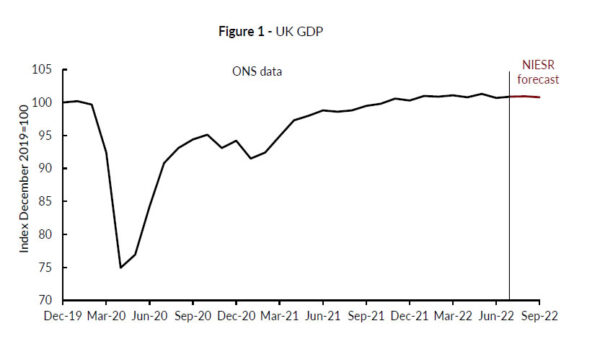
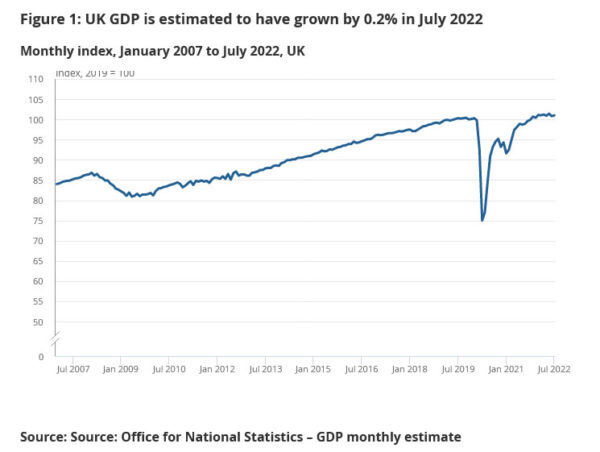
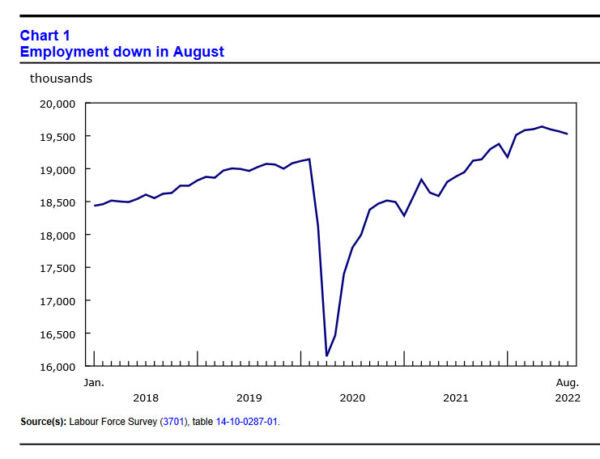
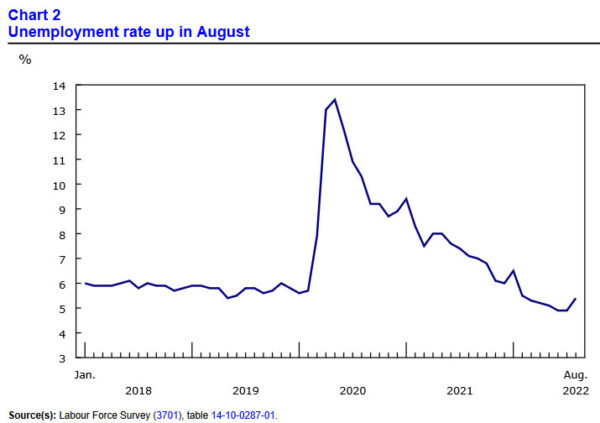

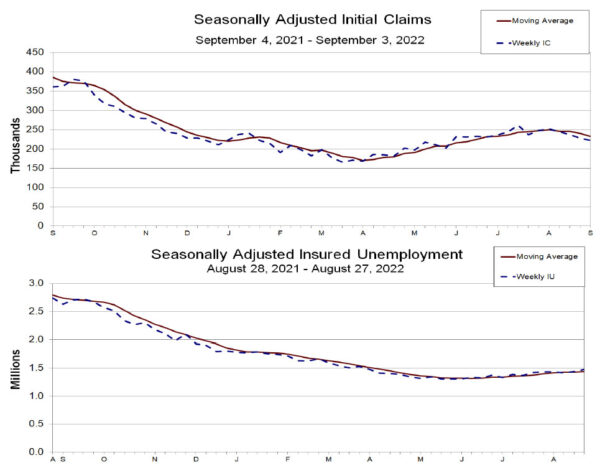
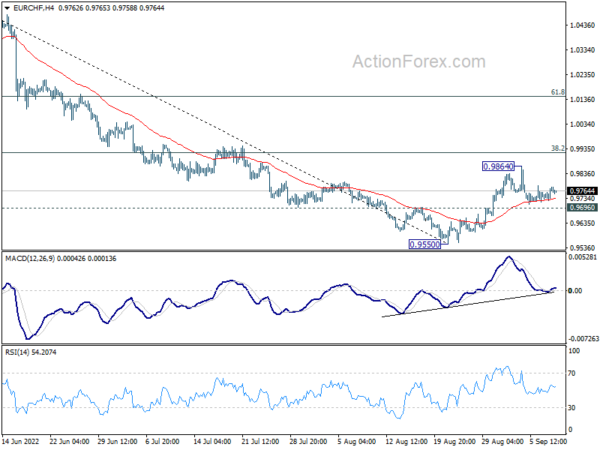

US CPI slowed to 8.3% yoy, core CPI rose to 6.3% yoy
US CPI rose 0.1% mom in August, after being flat in July, above expectation of -0.1% mom decline. Core CPI rose 0.6% mom, larger than prior month’s 0.3% mom, and higher than expectation of 0.3% mom. Energy declined -5.0% mom while food index rose 0.8% mom.
For the 12 months ending August, CPI slowed from 8.5% yoy to 8.3% yoy, above expectation of 8.1% yoy. CPI core accelerated from 5.9% yoy to 6.3% yoy, above expectation of 6.0% yoy. Energy rose 23.8% yoy, slowed from 32.9% yoy. Food rose 11.4% yoy, largest 12-month increase since May 1979.
Full release here.